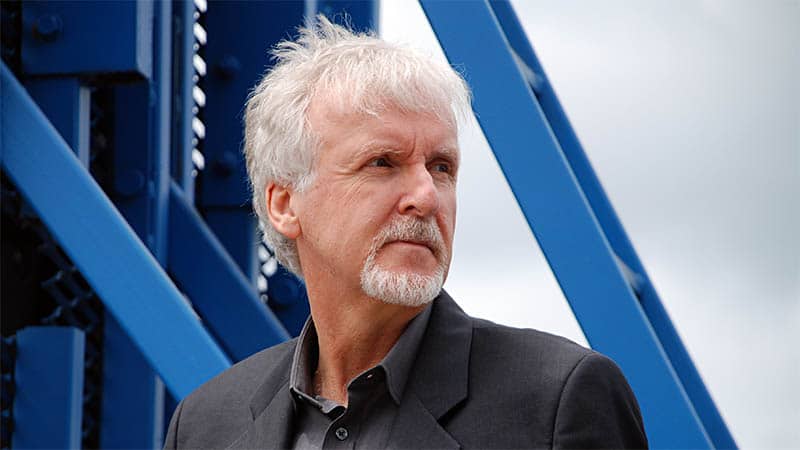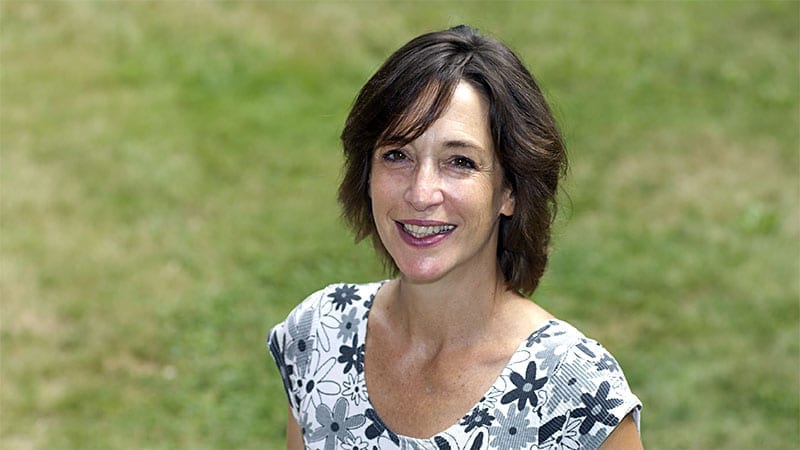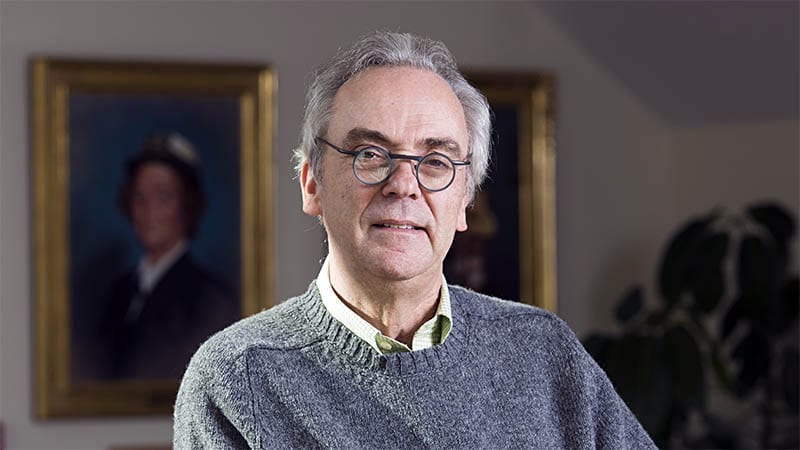WHOI and WHOI Advisor James Cameron Participate in UN Ocean Conference
The Woods Hole Oceanographic Institution (WHOI) joined world leaders and representatives from business, academia, and NGOs this week at United Nations Headquarters in New York for the Ocean Conference— the first truly global conference dedicated to accelerating action to reverse the deterioration of the ocean.
WHOI leaders and scientists participated as experts in program sessions and attended receptions with global leaders. Most of WHOI’s official participation occurred on Thursday—World Oceans Day, a designation made by the United Nations in 2008 and first observed in 2009.
During Thursday morning’s plenary session, a short video, “What Would the Ocean Say?”, produced for the United Nations World Oceans Day by WHOI advisor James Cameron and the Avatar Alliance Foundation, was screened following remarks from the UN Under-Secretary General and the President of the General Assembly. Cameron has a deep connection with WHOI. Cameron is an advisor to WHOI’s Center for Marine Robotics, which is dedicated to revolutionizing how humans and machines work in the ocean by bringing together innovators from a multitude of sectors to challenge conventional thinking, test new ideas, and advance the state of the art. In 2013, Cameron donated his research submersible DEEPSEA CHALLENGER to the Institution, after diving it nearly 11,000 meters to the Mariana Trench, the deepest known spot in the ocean, so that the sub’s technological advances could be incorporated into the next generation of underwater vehicles and tools.
“I’m known for big projects like the DEEPSEA CHALLENGER science submersible,” Cameron said, “but I have equal respect for small, low-cost tech tools that are making exploration accessible and creating an onramp for anyone anywhere, at any level of funding, to understand and communicate the vital importance of the world’s oceans.”
On Thursday at 1:15 p.m., WHOI scientist Anne Cohen and representatives from Conservation International and the Government of Kiribati hosted a side event that introduced emerging evidence of “super reefs” in the central Pacific. These reefs remain highly productive despite regular exposure to stress from warming ocean temperatures. Scientists are investigating the underlying mechanisms that make these so-called super reefs resilient, hoping to identify management strategies to conserve reefs system from the impacts of climate change.
At 3 p.m., WHOI President and Director Mark Abbott served on a “Partnership Dialogue” panel called “Increasing scientific knowledge, and developing research capacity and transfer of marine technology.” Other panelists were Vladimir Ryabinin, executive secretary of the Intergovernmental Oceanographic Commission of UNESCO, Patricia Andrea Miloslavich de Klein, professor of Simon Bolivar University and University in Venezuela, and Amos Barkai, co-owner and CEO of OLSPS, South Africa.
Abbott is passionate about the need to accelerate the pace of innovation in the ocean technology and enhance critical exploration of our planet's last frontier. A California native with connections in Silicon Valley, Abbott wants to bring a “fail fast , learn fast” philosophy to ocean science and engineering. Now in his second year at WHOI, Abbott believes Woods Hole's track record and unique ability to marry ocean science and engineering makes it an ideal place to lead this disruption in the way we approach ocean engineering systems.
"The research done at Woods Hole Oceanographic Institution is critical to our ocean’s future,” Abbott said. “Our scientists and engineers work diligently to explore and understand our ocean so we can help inform policy and wise decision making."
WHOI is a leader in the study of the global ocean, and respected authority on our rapidly changing ocean. In advance of the Ocean Conference, the President of the UN General Assembly Peter Thomson traveled to Woods Hole and held a press briefing on April 6 with WHOI President and Director Mark Abbott on the vital importance of basic research to a global sustainable ocean.
The Woods Hole Oceanographic Institution is a private, non-profit organization on Cape Cod, Mass., dedicated to marine research, engineering, and higher education. Established in 1930 on a recommendation from the National Academy of Sciences, its primary mission is to understand the ocean and its interaction with the Earth as a whole, and to communicate a basic understanding of the ocean's role in the changing global environment. For more information, please visit www.whoi.edu.



